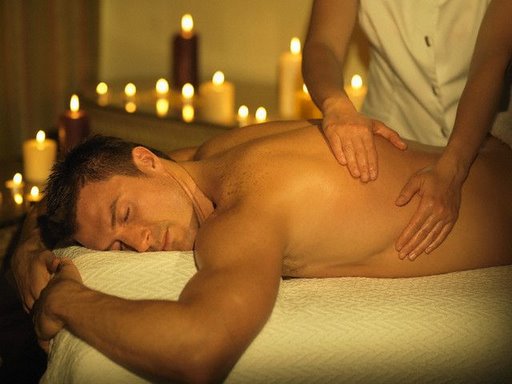Asian Malay Traditional Massage for Men, with Sensual Manhood Therapy for Men Only
Massage: Get in Touch with Its Many Benefits
Massage can be a powerful tool to help you take charge of your health and well-being. See if it’s right for you.
By Mayo Clinic Staff
Massage is no longer available only through luxury spas and upscale health clubs. Today, massage therapy is offered in businesses, clinics, hospitals and even airports. If you’ve never tried massage, learn about its possible health benefits and what to expect during a massage therapy session.
What is massage?
- Swedish massage. This is a gentle form of massage that uses long strokes, kneading, deep circular movements, vibration and tapping to help relax and energize you.
- Deep massage. This massage technique uses slower, more-forceful strokes to target the deeper layers of muscle and connective tissue, commonly to help with muscle damage from injuries.
- Sports massage. This is similar to Swedish massage, but it’s geared toward people involved in sport activities to help prevent or treat injuries.
- Trigger point massage. This massage focuses on areas of tight muscle fibers that can form in your muscles after injuries or overuse.
Benefits of massage
Studies of the benefits of massage demonstrate that it is an effective treatment for reducing stress, pain and muscle tension.
While more research is needed to confirm the benefits of massage, some studies have found massage may also be helpful for:
- Anxiety
- Digestive disorders
- Fibromyalgia
- Headaches
- Insomnia related to stress
- Myofascial pain syndrome
- Soft tissue strains or injuries
- Sports injuries
- Temporomandibular joint pain
Beyond the benefits for specific conditions or diseases, some people enjoy massage because it often produces feelings of caring, comfort and connection.
Despite its benefits, massage isn’t meant as a replacement for regular medical care. Let your doctor know you’re trying massage and be sure to follow any standard treatment plans you have.


